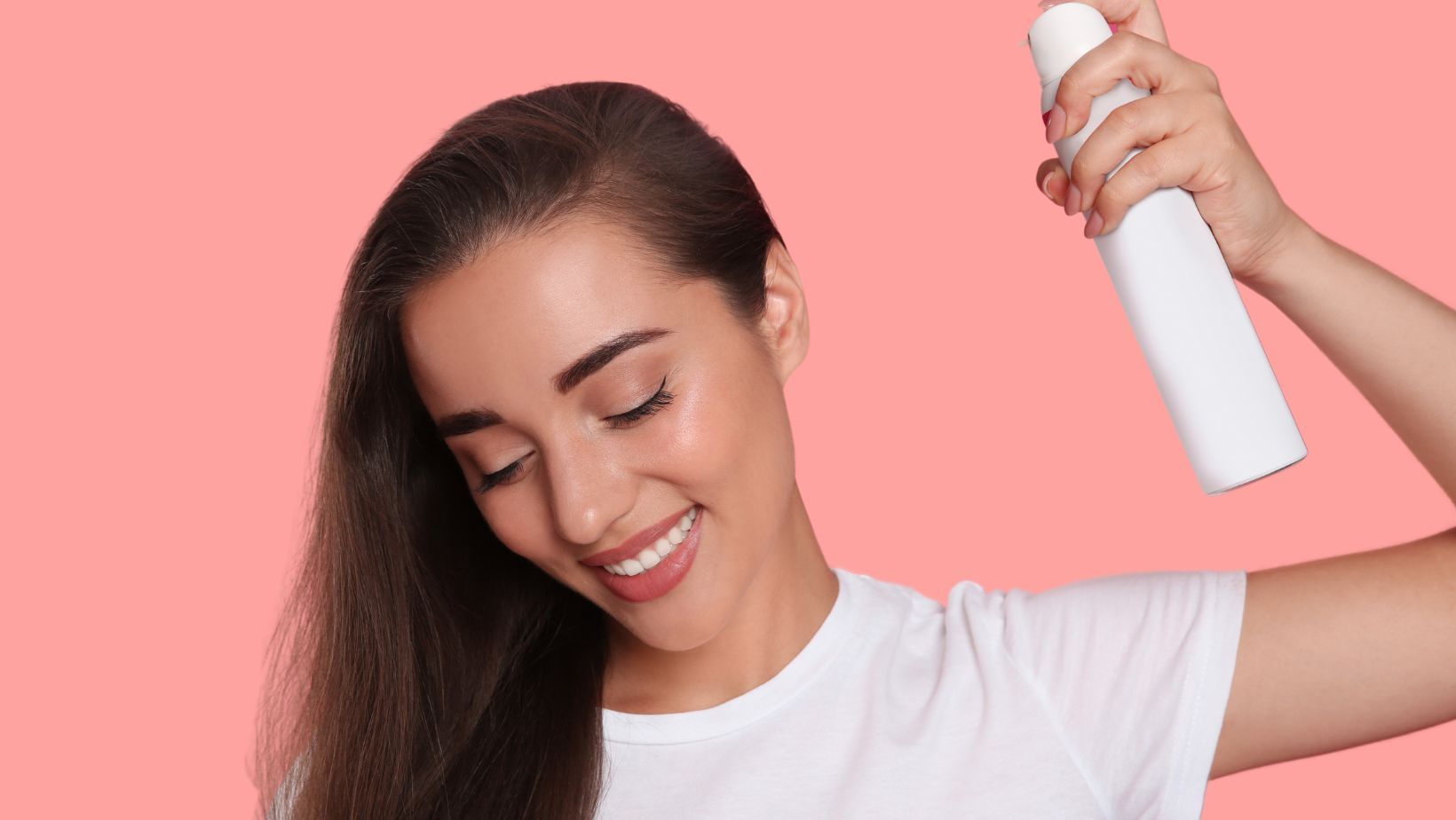No Rinse Shampoo - Natural, Non-Toxic, and Easy Dry Shampoo Powder for On-the-go Lifestyle
The no-rinse shampoo formula is a convenient, one-step solution that cleanses hair and keep it soft while leaving it refreshed and manageable.

No rinse shampoo is great for when your hair is starting to look a little too oily and you need to jet straight from yoga to an errand with no time to shower. So when you're in a hurry, dry shampoo is often the go-to product. It is perfect for when you're out camping or on outdoor adventures and it can be a style saver when a shower is not accessible.
Rinse-free shampoo can be used before or after swimming to reduce chlorine in your hair and keep the smell of chlorine at bay. When going to the gym, no-rinse shampoo may be used before and after to remove sweat and reduce the chances of getting a "gym" odor.
As technology improves, caregivers will increasingly be able to provide hair care for bedridden individuals recovering from illness. It is helpful for people having difficulties with limited mobility, or suffering from Alzheimer's. With no-rinse shampoo, they'll not only be able to enjoy their independence longer but also their newly-rediscovered feelings of self-worth.
If you're looking for dry shampoo powder or dry shampoo spray, we've included some dry shampoo reviews to help you look your absolute best.
What are no-rinse shampoos, and what are the kinds?
Think no-rinse shampoos are exactly what their name suggests. These shampoos remove oils and grease from your hair without being rinsed. They provide an appearance of cleanliness but do not function in the same way as regular shampoos.
While there are plenty of types of no-rinse shampoos, there are in essence two. They can vary from dry or powder shampoo, like the Clean Life No-Rinse Shampoo, to wet and soapy like DawnMist No-Rinse Shampoo, and everything in between like Comfort Rinse-Free Shampoo Cap
These no-rinse shampoos have a mild fragrance and are designed to be used without using water and can be helpful on the fly, but they don't clean hair as well as a proper shower would. So you won't want to use one in place of a regular wash too often.
A quick rundown of the different types of shampoos:
One recent craze that's taking the hair care market by storm is dry shampoos. They come in spray or powder form and use astringents or other ingredients to soak up excess oils from the hair. Some dry shampoo reviews find that these work best for straight or wavy hair, and not so well with curly hair. (brushing through dried curls is not fun.)
Rinseless foam shampoos are great for wavy hair. They have a water base, which helps the hair to reactivate and react to humidity, giving your waves more of a curl at the root. Plus, it becomes easier to scrunch into the root.
Few people know this, but liquid no-rinse shampoos exist and they provide a pH-balancing liquid that you wet the hair with completely, massage over the scalp, and then towel dry with a soft, absorbent towel. These are great for getting your hair soft, clean, and refreshed without needing to get it wet.
No rinse shampoo is not a deep clean
Dry shampoo powder is a waterless hair care product that doesn't clean the roots of your hair, so make sure to maintain a proper washing routine and maintain the overall health of your locks.
A lot of people rely on a rinse-less option and it can give you the illusion of looking cleaner. However, it can cause buildup over time. and they also leave a white residue that is not appealing for dark hair.
The no-rinse shampoo is convenient
Most people still use no-rinse shampoos because they don't have time to wash and dry their hair in the morning or after spending time at the gym. When you don't have time to wash your hair, try dry shampoo treatments that are formulated for your hair type. It is safe and gentle on sensitive skin-adults or children.
Many no-rinse shampoos can cause scalp inflammation
Nevertheless, it's about time we got back to the disadvantages of conventional hair powders, sprays, and foams: If you fall into the trap of using them without rinse-sparingly, the delicate skin on your scalp could become irritated.
When we have too much buildup, be it dry shampoo or natural oils, the follicle opening will become clogged. This will lead to a follicle that is not getting enough air and has inflammation. Exposing your follicle too often to this dry shampoo can put excess stress on your hair, which in turn can lead to hair thinning. The general rule of thumb is for every two dry shampoo uses, you should wash your hair.
A rinse-free shampoo is a great tool for those with shower limitations
Some people can't wash or shower as often or on their own, and that's when a rinse-less shampoo proves handy. You don't need water to clean your hair so it's perfect for all those with dexterity limitations. If you can't find the time to deal with regular shampoo and don't want your hair to dry out, a liquid rinse-off shampoo is something you can use. They help get rid of dirt and grease and are less harmful to your scalp than regular shampoos. And because they have pH balance properties, they can help you manage any scalp inflammation.
What is the purpose of no-rinse shampoo?
With the invention of no-rinse or "dry" shampoo, one can extend the life of a blowout or simply a "2-day after shampoo" and just need touch-up effects.
For those that are health conscious and shampoo only every few weeks, dry shampoo product eliminates the need for a traditional shampoo. It's formulated with a pH-balanced formula that won't irritate sensitive skin, and it's safe to use. Not all shampoos are created equal, and the right shampoo can make a world of difference. If you're looking for a way to clean without water or harsh chemicals, look no further than the no-rinse shampoo. This non-alcohol formula leaves hair fresh and clean, with no need for conditioner.
Does no-rinse shampoo work?
The effectiveness of no-rinse shampoo is a hotly debated topic. A no-rinse shampoo would be convenient for people who do not have time to wash their hair. However, these products are typically not as effective at removing dirt and bacteria from the scalp as traditional shampoos. This makes them less effective at preventing head lice, preventing scalp infections, and maintaining a healthy scalp that is free of dandruff.
What's the difference between waterless shampoo and dry shampoo?
Waterless shampoo is a new craze in the world of beauty. This type of shampoo doesn't require water to create a lather. Dry shampoo is also for those who are always on the go and doesn't have time for a shower. It's typically used for second-day hair as well as for volume when styling.
There are a couple of different types of dry shampoo, but the most popular is cornstarch. This type of dry shampoo is typically used in a spray bottle and applied on dry hair for instant volume without a brush. Another popular variety is baking soda. It is typically rubbed into already-dry hair or scalp to give it a light, fluffy texture to break up the oiliness.
Many people use some version of a no-rinse shampoo because they just don't have time to hop in a shower; some use them to prolong the time between washes. Others use them because of simple necessity. But as we've said with dry shampoo, these are fine options for your hair as long as you also cleanse hair too.

